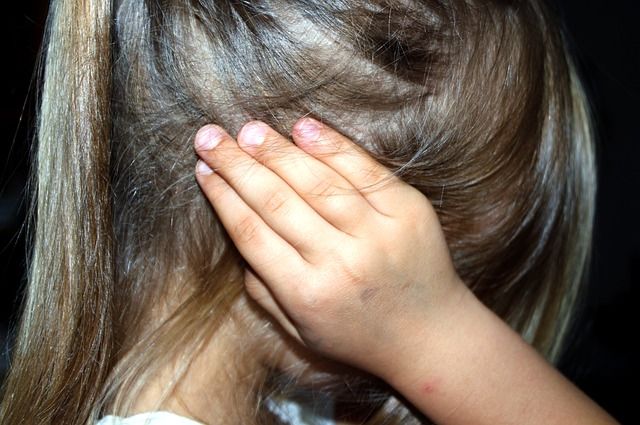According to a new survey by Børnerådet, the national council for children, 17 percent of Danish children aged 12-13 have experienced some form of physical violence at home over the past year.
The survey, which was based on the answers of over 4,000 seventh-graders, also revealed that 8.3 percent had been exposed to ‘negative non-physical reactions from their parents’.
“Children simply mustn’t be exposed to violence,” said Per Larsen, the head of Børnerådet.
“We know that physical and psychological violence have serious consequences for a child’s well-being, health and development. We need to become better at spotting and helping those who feel the need to turn to violence during their role as parents and help children whose parents can’t handle being parents.”
READ MORE: Faroe Islands and Greenland sign UN protocol on children’s rights
Mean mommies
The survey also revealed that mothers (21 percent) expose their children to mild forms of physical violence more often than fathers (18 percent), while the sexes were equal in terms of exposing their kids to more serious forms of physical violence.
Moreover, children with a Danish ethnic background are more prone to experiencing mild forms of physical violence at home (28 percent) compared to children from another background (23 percent).
But the trend is flipped when it comes to enduring serious violence at home: children from another background had a 15 percent chance and ethnic Danes 9 percent.
The survey defined milder forms of violence as: shaking, pushing, pinching and hair pulling. Serious forms of physical violence were defined as: hitting with a flat hand or fist, hit with objects such as shoes or a belt, or kicked.
Psychological violence includes: not speaking to the child for several days, threatening to kick the child out of the house or showing the child they are worthless.















